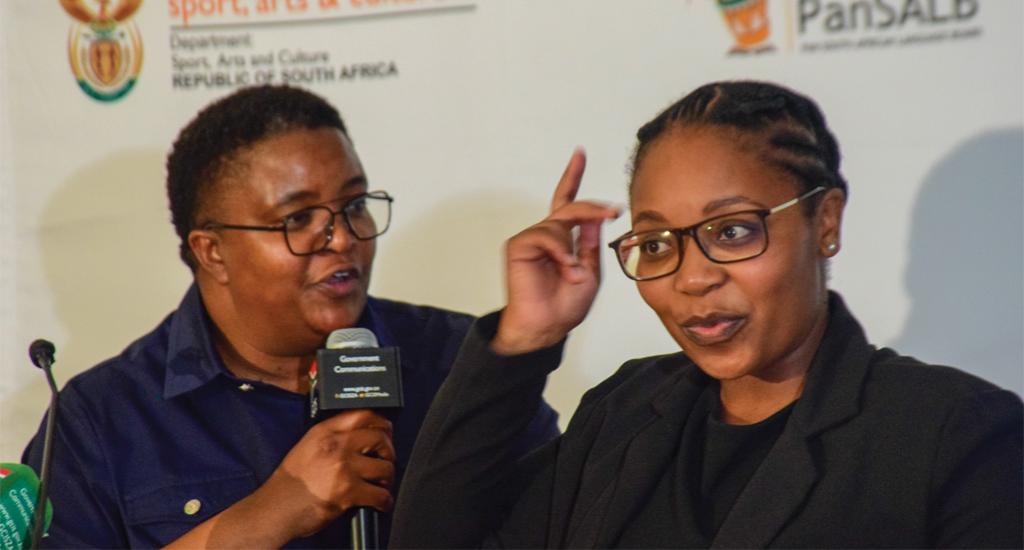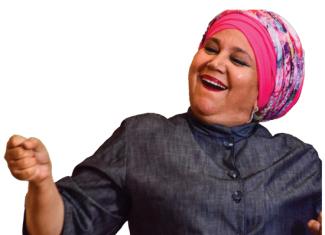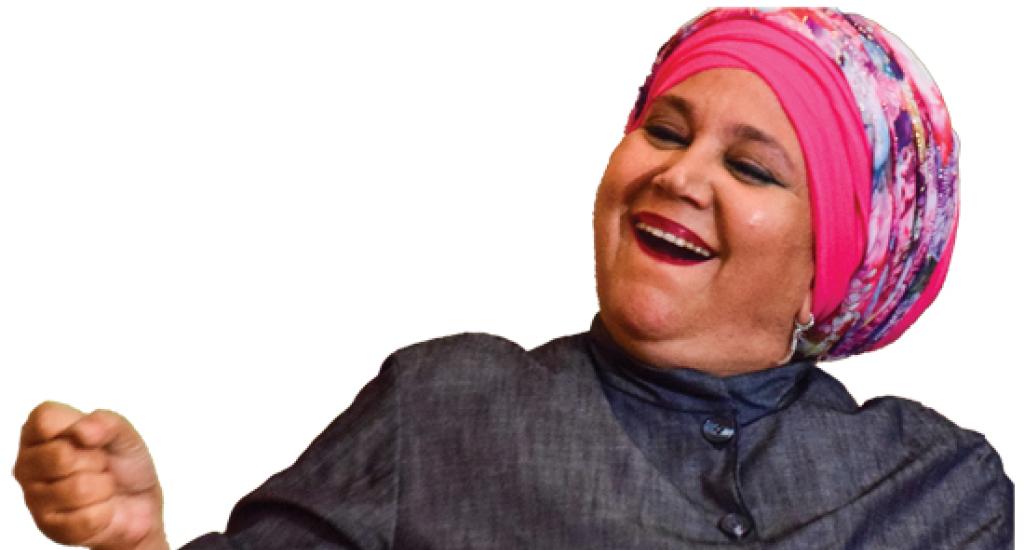Towards inclusive communication: PanSALB and GCIS push for SASL integration

DRAM
In celebration of the International Day of Sign Languages, the Pan South African Language Board (PanSALB), in collaboration with the Government Communication and Information System (GCIS), hosted a commemorative event at the GCIS' Head Office in Pretoria. Held under the theme; “No Human Rights without Sign Language Rights,” the event reinforced government’s commitment to inclusion, accessibility and linguistic rights.
The celebration marked a significant step forward, following the constitutional recognition of the South African Sign Language (SASL) as the country’s 12th official language. Through artistic expression, keynote addresses and stakeholder engagement, the event highlighted the need to move beyond recognition towards full implementation of the SASL across all spheres of public life.
Inclusive government communication
As part of its broader initiative to promote language equity, PanSALB has called for strategic collaboration with GCIS the to embed SASL into official government communication. A proposal was made for a workshop to be held at the GCIS to equip government communicators with the tools and knowledge required to integrate the SASL effectively into public messaging platforms and align practices with the SASL Charter.
The GCIS’s leadership in government communication was viewed as placing it in a pivotal position to champion linguistic accessibility across departments. The collaboration is expected to ensure that government messaging reaches all citizens equitably, including the Deaf community.
Celebrating Deaf culture and expression
The event began with a moving SASL poetry performance by Zohra Moosa, whose powerful piece explored themes of identity, resilience and the lived experience of Deaf individuals in a hearing-centric society.
Her expressive use of sign language offered the audience a window into the deaf culture and its rich visual language.
Another highlight was a performance by Zulfah Shabodien, who presented a metaphoric poem titled “Decolonisation” in the SASL. Her piece drew connections between the historical suppression of indigenous languages during colonialism and the ongoing marginalisation of the SASL, calling for a deeper understanding of decolonisation within a multilingual democracy.
Implementation and collaboration
Keynote addresses underscored government’s continuous commitment to linguistic rights and inclusion. Sport, Arts and Culture Deputy Minister Peace Mabe acknowledged the historic milestone of the SASL’s official language status and urged government departments to prioritise implementation.
“Recognition is not enough; implementation must follow. Every public institution must be accessible to the Deaf community,” she stated.
Echoing the same sentiments, Deputy Minister for Women, Youth and Persons with Disabilities, Mmapaseka Steve Letsike, highlighted the importance of intersectional approaches to disability inclusion. She emphasised the need to empower Deaf women and youth through inclusive education, employment and civic participation.
Sector engagement
Stakeholders from various organisations working within the Deaf sector also contributed to the programme, showcasing initiatives in interpreter training, Deaf education and assistive communication technologies.
Their message was clear: access to professional SASL services is not optional, it is a fundamental human right.
The event served as a learning curve for many in attendance, inspiring new perspectives on accessibility and inclusion.
Practical tools, Apps and resources, including CONVO, Reah Sign Communicate, and others were introduced, offering attendees pathways to bridge communication gaps and promote accessible engagement in both personal and professional contexts.
The event also emphasised respectful interaction guidelines, such as maintaining eye contact, avoiding shouting and being patient. These everyday practices contribute significantly to fostering inclusive environments.
Committing to lasting inclusion
More than just a commemorative event, the event served as a reminder of the essential role language plays in achieving equality.
As South Africa continues to implement the SASL as an official language, events like this underscore the collective responsibility of institutions and individuals alike to support linguistic inclusion, not only during Disability Rights Awareness Month but every day. ❖
*For more information on PanSALB’s SASL initiatives or upcoming workshops, visit www.pansalb.org




